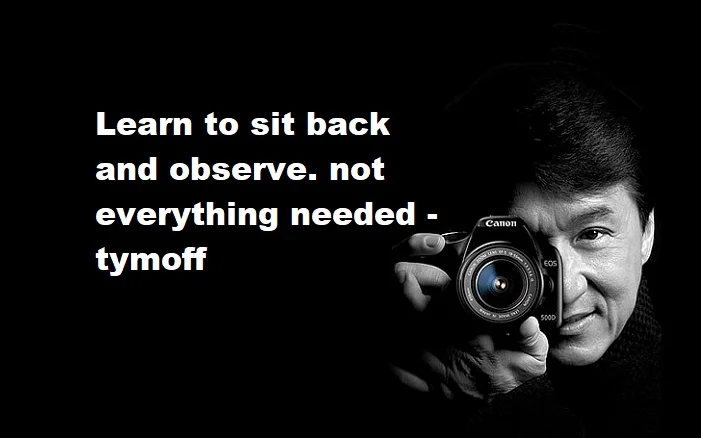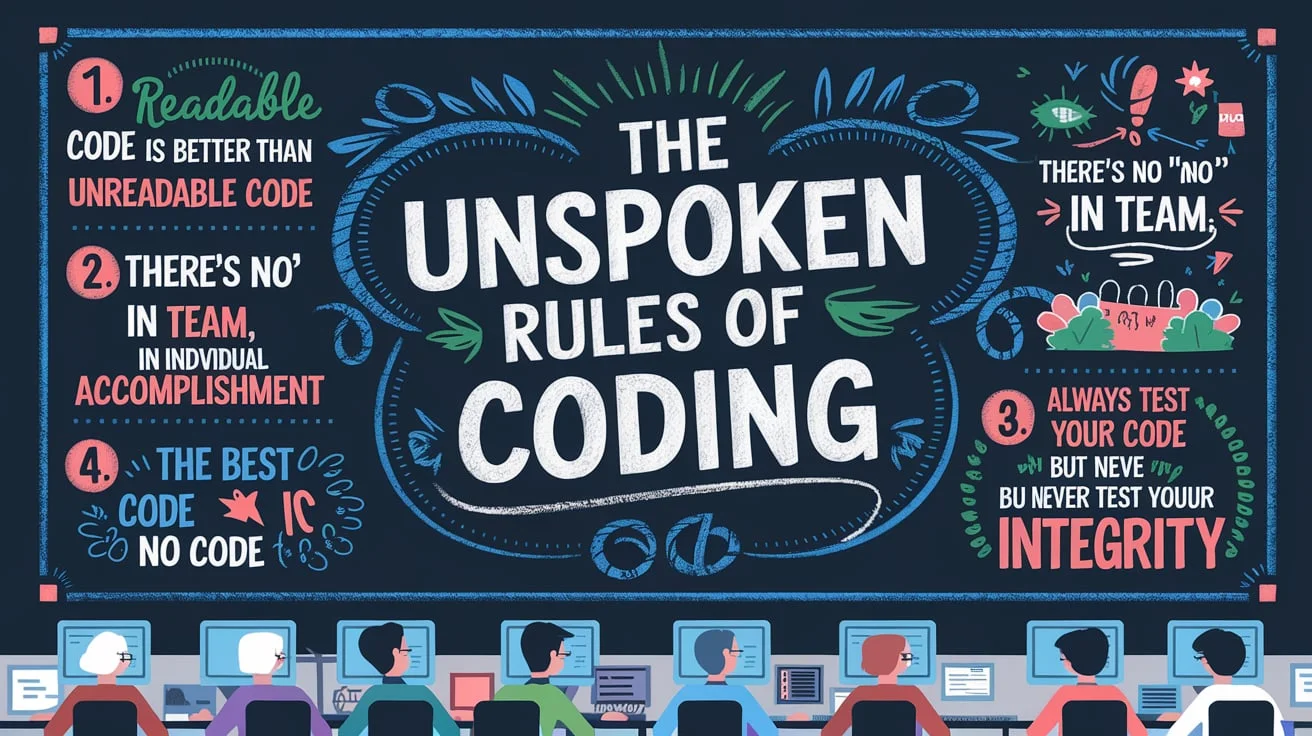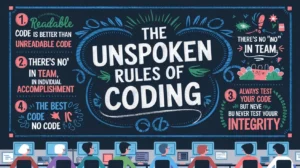Learn to Sit Back and Observe: Not Everything Needs
Learn to Sit Back and Observe: Not Everything Needs Your Immediate Attention
In our fast-paced, hyperconnected world, the tendency to act immediately on every impulse is strong. We often find ourselves constantly reacting to every situation, every conversation, every challenge. However, there is immense power in taking a step back, sitting quietly, and simply observing. This approach can lead to better decision-making, more thoughtful interactions, and a deeper understanding of the world around us. The phrase “learn to sit back and observe, not everything needs your immediate attention” has become increasingly relevant in today’s society, where mindfulness and self-awareness are often overshadowed by the urgency to respond and react.
The Power of Observation
Learn to Sit Back and Observe is a skill that often gets overlooked in favor of more active forms of engagement. However, the ability to observe—without the pressure to act immediately—can be incredibly powerful. By sitting back and simply watching, you allow yourself the time and space to understand situations more fully before jumping to conclusions or decisions.
When we observe, we take in more information, notice subtleties, and see things from different perspectives. This broader viewpoint can lead to more informed decisions and actions that are not just reactions to the immediate circumstances. In many ways, observation can be seen as a form of silent wisdom—a way of engaging with the world that prioritizes understanding over impulsive action.
Why Not Everything Needs Your Immediate Attention
In the era of instant gratification, we’ve been conditioned to believe that quick responses and immediate action are always required. Whether it’s replying to a text, reacting to a social media post, or jumping into a conversation, the pressure to respond quickly can be overwhelming. However, not everything in life requires this kind of urgency.
There are several reasons why not everything needs your immediate attention:
- Clarity Over Haste: When you take the time to observe and reflect, you gain clarity. Immediate reactions are often driven by emotions or incomplete information. By stepping back, you allow your mind to process information and emotions, leading to more thoughtful and effective responses.
- Reduced Stress: Constantly feeling the need to respond and react can lead to unnecessary stress. By adopting a more observational approach, you reduce the pressure on yourself to be constantly ‘on’ and available. This can lead to a calmer, more centered way of living.
- Improved Relationships: In personal and professional interactions, taking the time to listen and observe can lead to better communication and stronger relationships. Instead of reacting to what is being said, you can respond in a way that is thoughtful and considerate.
- Enhanced Problem-Solving: Many problems are best solved not by immediate action, but by careful observation and reflection. By giving yourself the space to think, you are more likely to come up with creative and effective solutions.
The Art of Mindful Observation
Learn to Sit Back and Observe is not just about watching; it’s about being fully present in the moment without judgment or the urge to act. This practice is deeply rooted in mindfulness, which encourages awareness and presence. By observing mindfully, you learn to appreciate the subtleties of the present moment and to respond to situations with greater wisdom and clarity.
Here are some ways to cultivate mindful observation:
- Practice Deep Listening: When someone is speaking to you, focus entirely on what they are saying without planning your response. This allows you to fully understand their perspective and respond more thoughtfully.
- Engage in Mindful Breathing: When you feel the urge to react impulsively, take a few deep breaths. This simple act can ground you in the present moment and give you the space to observe rather than react.
- Spend Time in Nature: Nature is a great teacher of observation. Spend time outdoors, simply watching the natural world. Notice the small details—the way the wind moves through the trees, the sounds of birds, the way light changes throughout the day. This practice can enhance your observational skills and bring a sense of peace.
- Reflect Regularly: Set aside time each day to reflect on your experiences. Consider how taking the time to observe impacted your interactions and decisions. Over time, this reflection will help you become more skilled at knowing when to act and when to observe.
The Balance Between Action and Observation
While observation is crucial, it’s important to note that it’s not about inaction. There is a delicate balance between knowing when to act and when to observe. The key is to be intentional with your actions, ensuring that they are informed and thoughtful rather than impulsive.
Situations Where Immediate Action Is Necessary
There will always be situations that require immediate attention and action. In emergencies or situations that demand quick decisions, acting without hesitation is essential. However, even in these scenarios, a brief moment of observation can make a difference. For instance, in a crisis, quickly assessing the situation before acting can lead to more effective solutions.
Recognizing When to Sit Back and Observe
The challenge often lies in recognizing when to act and when to observe. Here are some tips for knowing when it’s time to sit back and observe:
- When Emotions Are High: If you find yourself feeling overwhelmed, angry, or anxious, it might be a good time to step back and observe. Emotions can cloud judgment, and taking a moment to breathe and observe can help you respond more calmly.
- When You Lack Information: If you’re in a situation where you don’t have all the facts, it’s better to observe and gather more information before making a decision. Acting on incomplete information can lead to mistakes and misunderstandings.
- When the Situation Is New: In unfamiliar situations, it’s wise to observe first. This allows you to understand the dynamics before jumping in. Whether it’s a new job, a new relationship, or a new environment, taking time to observe can help you navigate the situation more effectively.
- When Others Are Involved: In group settings, especially in leadership roles, observing the group dynamics before acting is crucial. This helps you understand different perspectives and make decisions that are inclusive and well-informed.
Benefits of Adopting an Observational Approach
The benefits of adopting a more observational approach to life are profound. Here are some of the key advantages:
- Greater Self-Awareness: By observing both your surroundings and your internal states, you become more self-aware. This awareness leads to personal growth and a better understanding of your own behaviors and motivations.
- Enhanced Emotional Intelligence: Observation improves your ability to read and understand emotions—both your own and others’. This emotional intelligence is crucial in all areas of life, from personal relationships to professional interactions.
- Improved Decision-Making: Decisions made after careful observation are often more sound and effective. You are less likely to make impulsive choices and more likely to consider all aspects of a situation.
- Increased Patience: Learning to sit back and observe fosters patience. This patience can improve your relationships, your work, and your overall quality of life.
- Deeper Understanding of Others: Observing others without the need to immediately respond allows you to see beyond the surface. You gain insights into their behaviors, motivations, and needs, leading to more meaningful connections.
Challenges of Sitting Back and Observing
While the benefits are clear, there are also challenges to adopting a more observational approach:
- Cultural Pressures: In many cultures, there is a strong emphasis on action and productivity. This can make it difficult to feel comfortable taking a step back to observe. It requires a shift in mindset and the ability to resist societal pressures to always be ‘doing.’
- Fear of Missing Out (FOMO): The fear of missing out is a powerful force, especially in the age of social media. This fear can drive impulsive actions and make it challenging to simply observe. Overcoming FOMO requires a deep trust in your own process and the understanding that not every opportunity needs to be seized immediately.
- Internal Restlessness: For many people, sitting still and observing can be uncomfortable. The mind may race, urging action. This restlessness is natural but can be managed through mindfulness practices such as meditation, which help train the mind to be more comfortable with stillness.
Cultivating the Habit of Observation
Like any skill, the ability to sit back and observe takes practice. Here are some steps to help you cultivate this habit:
- Start Small: Begin with small moments of observation. For instance, when you’re waiting in line, instead of reaching for your phone, take a moment to observe your surroundings. Notice the people, the environment, the sounds.
- Practice Daily Mindfulness: Incorporate mindfulness practices into your daily routine. Whether through meditation, mindful walking, or simply being present in the moment, these practices strengthen your ability to observe without the need for immediate action.
- Reflect on Your Day: At the end of each day, take a few minutes to reflect on your experiences. Consider the moments when you observed without acting and how that impacted your day.
- Be Patient with Yourself: Developing the habit of observation takes time. Be patient with yourself and recognize that it’s a process. Celebrate small successes and continue to practice.
Conclusion: The Wisdom in Observation
Learn to Sit Back and Observe In a world that often values action over contemplation, learning to sit back and observe is a powerful skill. It allows for greater clarity, better decision-making, and a deeper understanding of the world and people around you. While not everything requires your immediate attention, your presence and awareness can lead to more meaningful and effective actions when the time is right.
By embracing the wisdom of observation, you can navigate life with greater ease, making choices that are thoughtful and intentional rather than impulsive. As you practice this skill, you’ll find that not only does your stress decrease, but your ability to connect with others and understand the world around you deepens. In this way, learning to sit













Post Comment